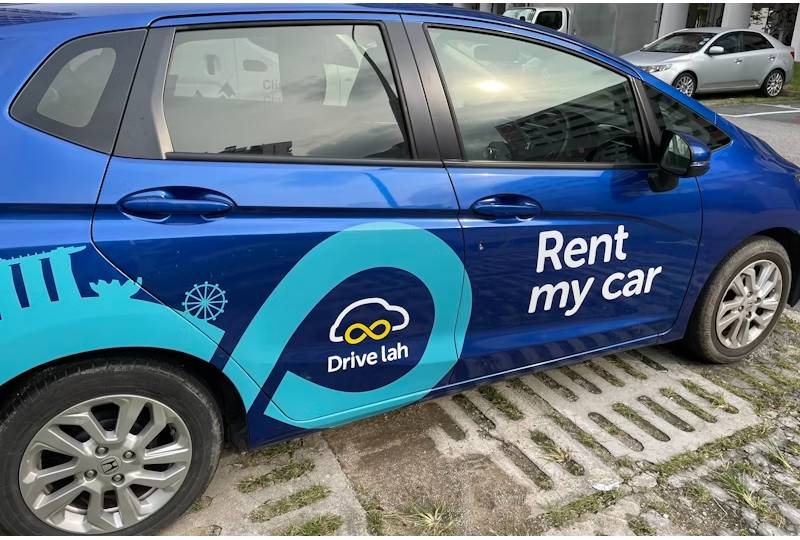
Peer-to-peer (P2P) car sharing is rapidly transforming how Singaporeans access private transport. Instead of relying on traditional car rentals or ownership, more residents are turning to P2P platforms that let individuals rent vehicles directly from private owners. Here’s why this model is catching on across the country.
Flexible and Convenient Mobility
P2P car sharing Singapore offers unmatched flexibility. Users can book a car for a few hours or several days based on their specific needs. With app-based platforms and 24/7 availability, this service fits seamlessly into the fast-paced urban lifestyle of Singapore residents.

Lower Costs Compared to Traditional Rentals
By cutting out the middleman, P2P car sharing keeps prices lower. Renters avoid hefty insurance fees and corporate overheads. Car owners set their own rates, giving renters more affordable choices without compromising on vehicle quality or safety.
Efficient Use of Underutilized Vehicles
Many cars in Singapore sit idle for most of the day. P2P sharing allows car owners to monetize their unused vehicles while contributing to better resource utilization. This model promotes sustainability without requiring additional infrastructure or vehicles on the road.
Wide Variety of Vehicle Choices
From compact cars to luxury SUVs, P2P platforms offer an impressive range of vehicles. Renters can select a car that suits their specific purpose—be it a weekend getaway, moving house, or a simple city errand—without being limited to standard rental fleets.
Seamless Technology Integration
Modern P2P platforms use intuitive apps for registration, bookings, payments, and vehicle access. Some services even allow keyless entry using smartphones, removing the need to meet the owner in person. These features streamline the experience and reduce time spent on logistics.
Growing Trust and Community Reviews
As user bases grow, P2P platforms are building trust through transparent review systems. Renters and owners can rate each other, creating accountability and increasing overall service quality. Verified IDs and secure payment systems further boost confidence in the process.
Eco-Friendly Urban Impact
P2P car sharing supports a greener transport model by maximizing the use of existing vehicles and reducing the need for car ownership. Fewer idle cars mean less congestion and lower carbon emissions—critical benefits for a land-scarce city like Singapore.
Attractive Option for Car Owners
Car owners benefit from passive income while retaining control over who uses their vehicle and when. With maintenance reminders and support from the platform, managing a P2P listing is relatively simple. This appeals to those looking to offset ownership costs.
Competitive and Transparent Pricing
Unlike traditional rentals with hidden fees and rigid packages, P2P car sharing promotes transparent pricing. Renters can filter options by price, car model, or location. Promotions and discounts are common, making the platform even more attractive to price-conscious users.
Support from Digital Infrastructure
Singapore’s strong digital infrastructure, high mobile usage, and trust in digital payments make P2P car sharing especially viable. Government support for shared mobility and tech-forward initiatives further contributes to the growth and adoption of such services.
Conclusion
P2P car sharing is gaining momentum in Singapore for its cost efficiency, convenience, and sustainability. It offers value to both renters seeking flexible transport and car owners looking to earn passive income. As technology and trust in the system continue to grow, peer-to-peer mobility is set to become a mainstream part of Singapore’s transportation landscape.